Try Catch Finally

Try ... Catch ... Finally
The try { ... } catch ( ... ) { ... } control structure is used for handling Exceptions . String age_input = "abc"; try { int age = Integer.parseInt(age_input); if (age = 18) { System.out.println("You...
📚 Read more at Essential Java🔎 Find similar documents

The try-finally and try-catch-finally statements
The try...catch...finally statement combines exception handling with clean-up code. The finally block contains code that will be executed in all circumstances. This makes them suitable for resource ma...
📚 Read more at Essential Java🔎 Find similar documents
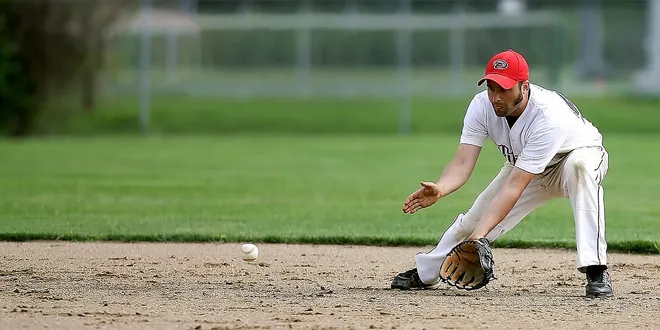
5 things you don’t know about try-catch-finally in JavaScript
try-catch-finally is used to handle runtime errors and prevent them from halting the execution of a program. If we have a finally block, the return statement inside try and catch block are not…
📚 Read more at Level Up Coding🔎 Find similar documents
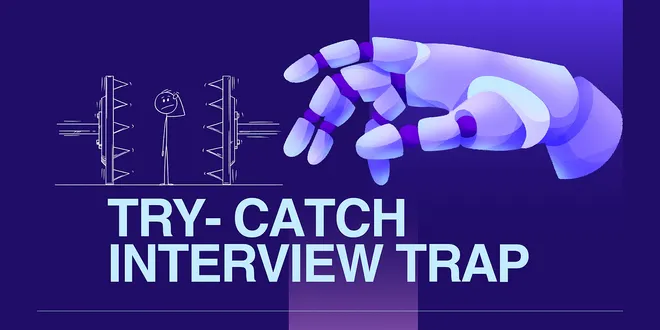
The Sneaky Try-Catch Interview Trap: Are You Catching Exceptions the Right Way?
🚧 The Setup: A Try-Catch Mystery The interviewer handed me this: And then came the devilish grin: “Will this code work without any error?” Me (in my head): Looks fine, right? I mean, it has catch blo...
📚 Read more at Javarevisited🔎 Find similar documents

Catching an exception with try-catch
An exception can be caught and handled using the try...catch statement. (In fact try statements take other forms, as described in other examples about try...catch...finally and try-with-resources .) T...
📚 Read more at Essential Java🔎 Find similar documents
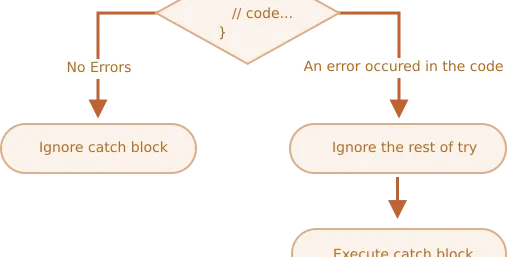
Error handling, "try...catch"
No matter how great we are at programming, sometimes our scripts have errors. They may occur because of our mistakes, an unexpected user input, an erroneous server response, and for a thousand other r...
📚 Read more at Javascript.info🔎 Find similar documents
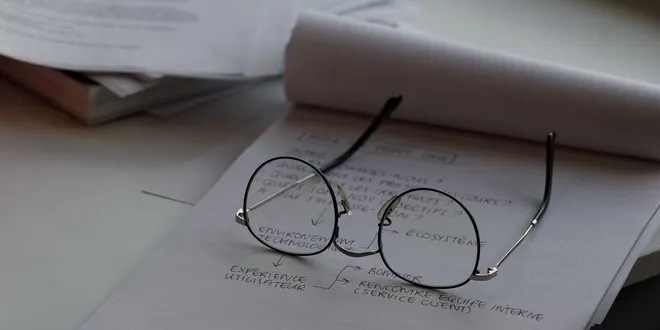
The Finally Block Won’t Always Execute!
If you wrap System.Environment.FailFast() in a try / finally , the finally block will not execute. This is because the process is terminated immediately. As far as I know this is the only time a try /...
📚 Read more at Level Up Coding🔎 Find similar documents

Introduction to Exceptions and try..catch
Section 3.7 Introduction to Exceptions and try..catch I n addition to the control structures that determine the normal flow of control in a program, Java has a way to deal with "exceptional" cases tha...
📚 Read more at Introduction to Programming Using Java🔎 Find similar documents
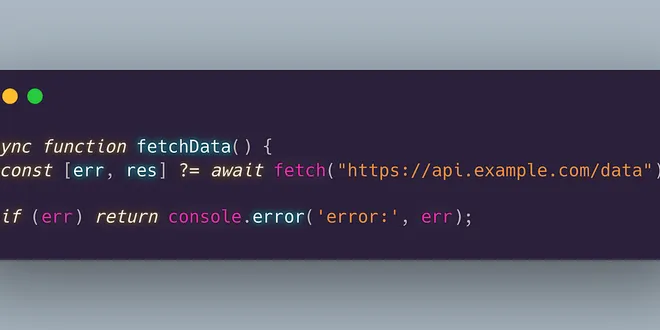
Bye Bye Try/Catch, Meet New ECMAScript Operator!
JavaScript error handling might get a major upgrade. The new ECMAScript Safe Assignment Operator ( ?= ) is here to simplify error handling and clean up your code. Let’s see how this proposal can be a ...
📚 Read more at Level Up Coding🔎 Find similar documents

Catching and Handling Exceptions
Catching and Handling Exceptions This section describes how to use the three exception handler components — the try , catch , and finally blocks — to write an exception handler. Then, the try-with-re...
📚 Read more at Learn Java🔎 Find similar documents
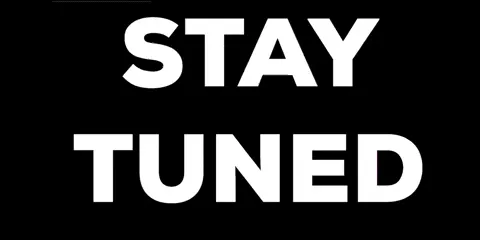
finally Block in Exception (JAVA)
To ensure that all the states of a program get executed, we are handling the exception by writing a try-and-catch block.There are some cases in which the statement after the catch block will not be ex...
📚 Read more at Javarevisited🔎 Find similar documents
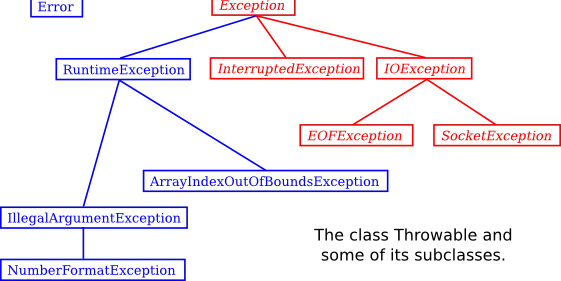
Exceptions and try..catch
Section 8.3 Exceptions and try..catch G etting a program to work under ideal circumstances is usually a lot easier than making the program robust . A robust program can survive unusual or "exceptional...
📚 Read more at Introduction to Programming Using Java🔎 Find similar documents

